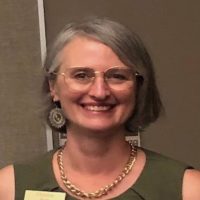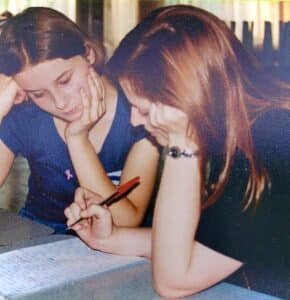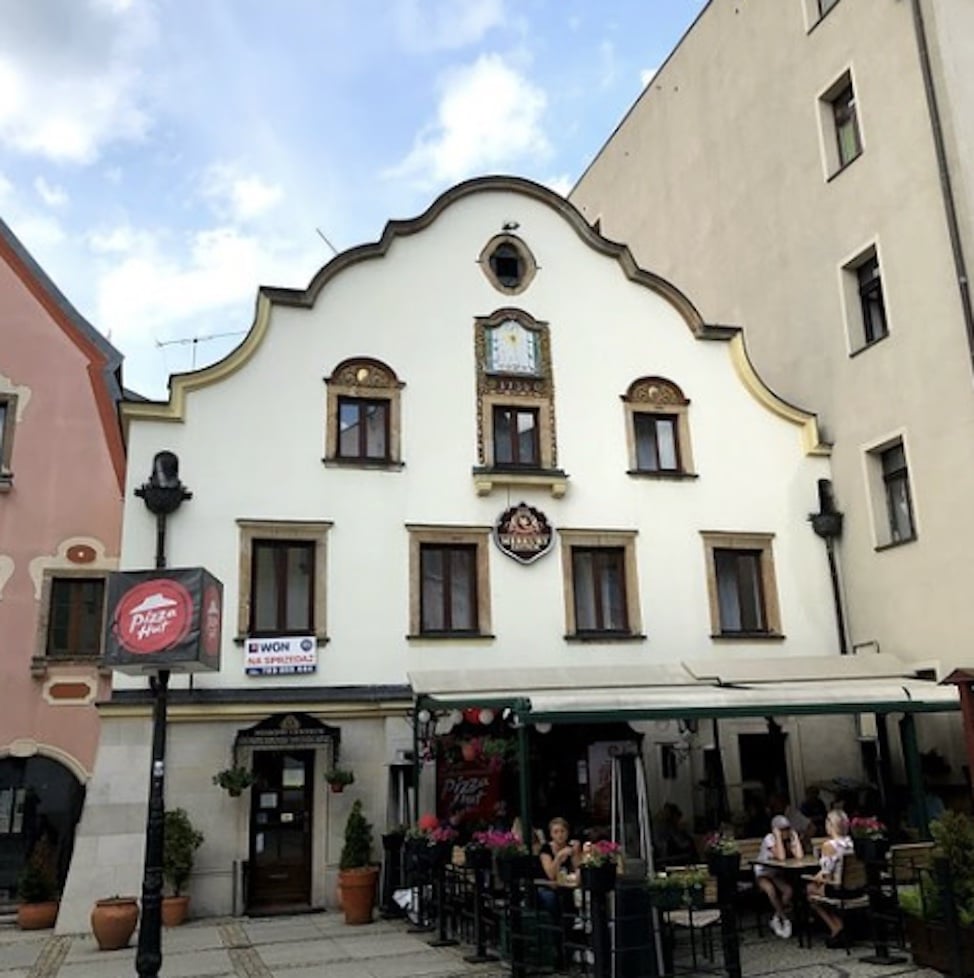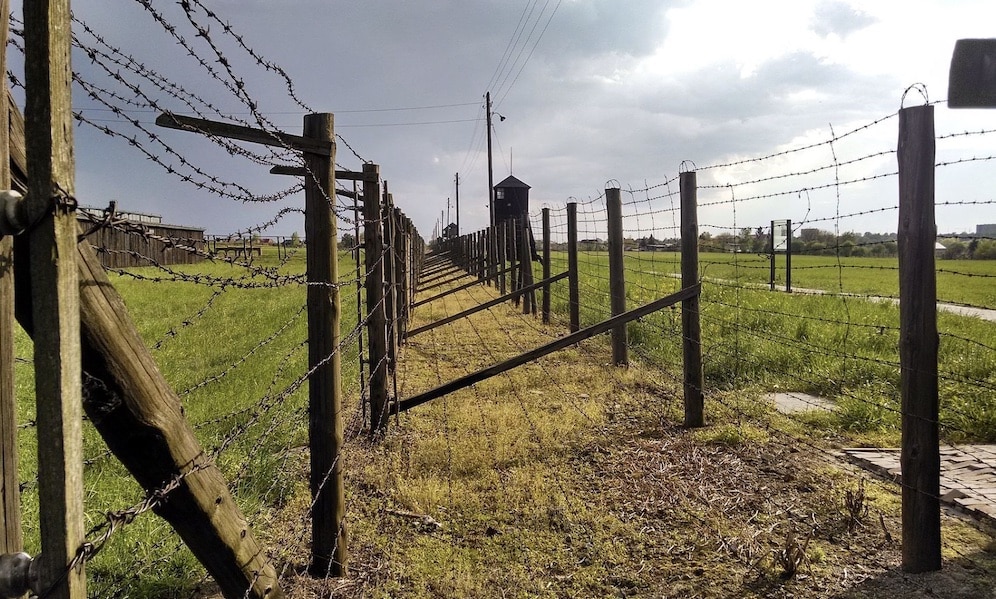In 1996, I arrived in Jelenia Gora, Poland, near the border of Germany and the Czech Republic (Czechia). It was an election year in the US, and I had only been in Poland for a few months, struggling with the language and my role as a Peace Corps volunteer in a country I really knew very little about.
While at school, I talked to students who remembered standing with their mothers in long lines all afternoon to buy a roll of toilet paper as rough and thin as birthday streamers. Now, as teenagers in the new Poland, they had opportunities their parents had only dreamed of. There was no real playbook, except that failure would not be an option. The message had become clear to everyone: oppressive, authoritarian governments hurt people and limited the possibilities for their lives.
The gravity of Poland’s tentative future became much more real to me when it came time to cast my vote in the US presidential election. I had been thinking about getting an absentee ballot, but I waited too long. By the time I received my ballot, I realized I would miss the deadline unless I went to the US embassy and dropped it into the diplomatic pouch.
Now, when I recall my relationship with Poland as a newly minted and very green volunteer, I see Poland and me as similar to middle school friends, going through personal transitions, redefining ourselves and trying to fit in. I taught high school English in a town with a Pizza Hut located in a 600-year-old plaza. I had to come to grips with a new landscape that included moss-covered castle ruins and concentration camps liberated only four decades earlier. My apartment was in an old communist block high-rise. I listened to the BBC World Service on a transistor radio that kept me connected to a more familiar world, even after the power failed and the lights went out.
I was at Peace Corps headquarters in Warsaw for a routine health check-up. It was late in the afternoon and the US embassy closed at 5 pm. Bob McClendon, Poland’s Peace Corps director at that time, saw me holding my ballot and immediately knew what I needed. He called for Adam, his driver, a young Polish man who always dressed smartly in a suit and tie.
“Adam,” he exclaimed, with dramatic emphasis, “I have a volunteer who needs to vote!”
With Spiderman-like agility, Adam sprang into action. Before I knew it; we were rushing toward the car. I was barely settled when Adam fired up the engine and sped forward into the pale, November sunlight of Warsaw.
Adam drove us to the US Embassy with a velocity usually reserved for stunt men on movie sets. I remember the expression on his face— a look of determination, seriousness, and fun, all at the same time. For Adam, there could be no more important task at that moment than voting in a democratic election. Voting was a privilege I took for granted, but for Adam, it was a sacred act, almost heroic. It was worth almost any risk.
I will never forget what those precious moments of reckless driving symbolized for me. Through their hopes and dreams, Adam and all Poles reflected back to me the very best of American culture. When we reached the embassy, I quickly ran up the steps with my ballot and passport to a window reserved for American citizens. The consular officer smiled and assured me that I wasn’t too late.
My gratitude for Adam’s extra efforts, combined with Poland’s complicated history and growing pains, had transformed my admiration for Poland into love. So, in the next American election, I will think about Poland and how it rearranged me in a million different ways. As a volunteer, I learned how much America, then and now, continues to inspire and represent freedom and possibility to people all around the world. Whenever I vote, I see Adam waiting and willing, with his car keys in his hand.








